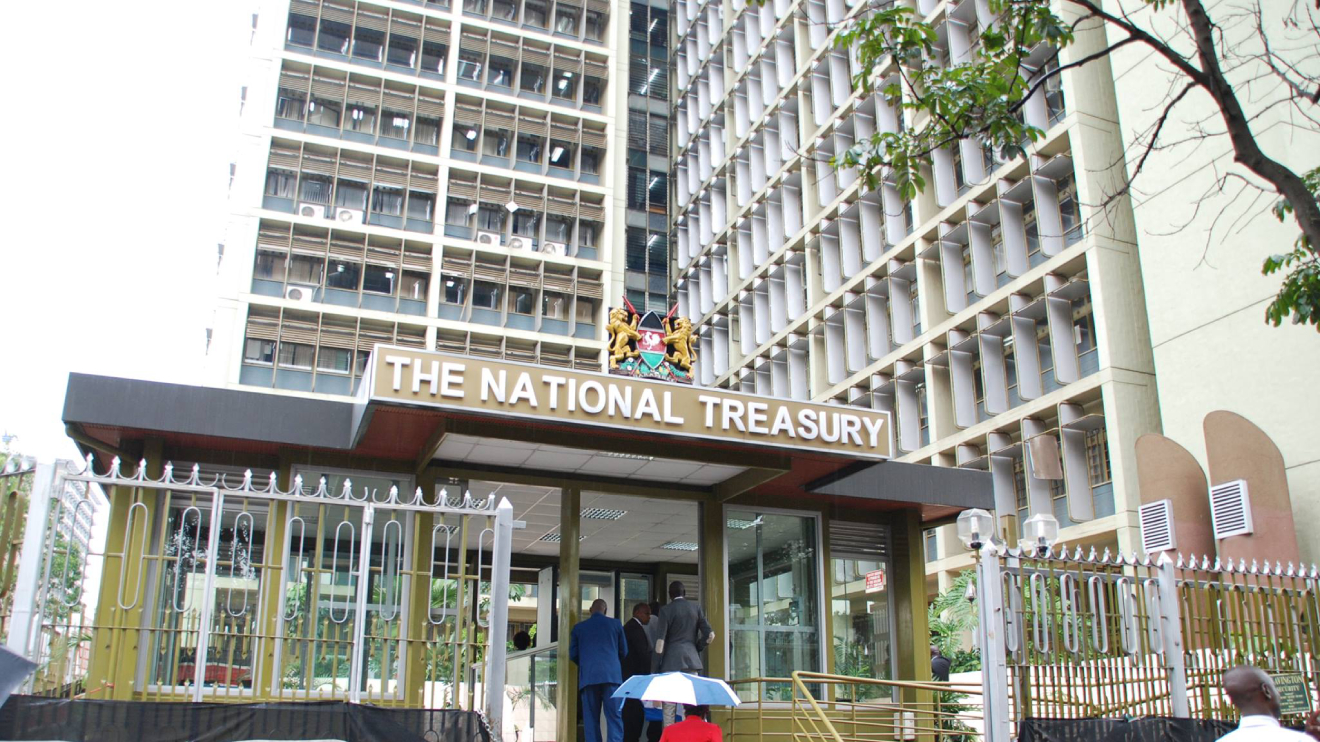In a bid to tackle illicit financial flows and ensure transparency in the operations of Non-Governmental Organizations (NGOs), the Kenyan government has demanded that all NGOs file their annual returns and declare their sources of funding.
The move comes as Interior Principal Secretary Raymond Omollo expressed concern over the alarmingly low compliance rate, with only 30 per cent of registered NGOs submitting their returns for the 2021/22 Financial Year.
During the launch of the Annual NGO Sector Report 2021/2022, which provides a comprehensive overview of the activities carried out by NGOs in the previous financial year, Omollo emphasized the importance of transparency and integrity in the NGO sector.
He deemed the low compliance rate as "unacceptable" and suggested that it raises suspicions of involvement in illicit activities, including terrorist financing.
Addressing the sector players, Omollo emphasized the need for NGOs to embrace transparency not only in their funding sources but also in their expenditures.
Read More
He stressed that financial records should serve as a testament to their integrity and commitment to ethical practices.
Moreover, he urged NGOs to fulfil their obligations and register formally, emphasizing that this is a critical step towards ensuring accountability, transparency, and legitimacy in their operations.
“You must embrace transparency in your funding sources as well as expenditure,” Omollo said.
“Your financial records should be an open testament to your integrity and reflect your dedication to ethical practices.”
While the government is striving to create a conducive environment for NGOs to flourish, Omollo underlined the reciprocal nature of this relationship.
NGOs, as torchbearers of change, must reciprocate the trust placed in them by complying with legal and regulatory frameworks.
By doing so, they reaffirm their commitment to the core values that underpin their mission of serving humanity.
“You, as the torchbearers of change, must reciprocate the trust bestowed upon you by ensuring total compliance with our legal and regulatory frameworks," the CS said.
"Those that have not yet registered must also formalize their status as the first critical step towards ensuring accountability, transparency, and legitimacy in their operations."
The Annual NGO Sector Report 2021/2022 sheds light on the significant financial contributions made by NGOs during the financial year.
According to the report, the NGO sector in Kenya disbursed a total of Sh185.5 billion, with Sh118 billion allocated for project implementation, Sh49.7 billion for personnel emoluments, Sh18.4 billion for administration costs, and Sh4.4 billion for tangible assets.
The report further reveals that out of the total registered NGOs, 9,794 organizations were actively involved in various initiatives, accounting for 80 per cent of the cumulative registered NGOs.
Furthermore, among the NGOs that filed their annual reports, 3,005 reported receiving Sh175.9 billion and spending Sh.185.5 billion, with a total workforce of 71,096 individuals.
The demand for increased transparency and accountability within the NGO sector is a significant step towards combating illicit financial flows and ensuring that resources are utilized for their intended purposes.
By adhering to these regulations, NGOs can strengthen public trust, enhance their credibility, and continue their valuable contributions to society.












